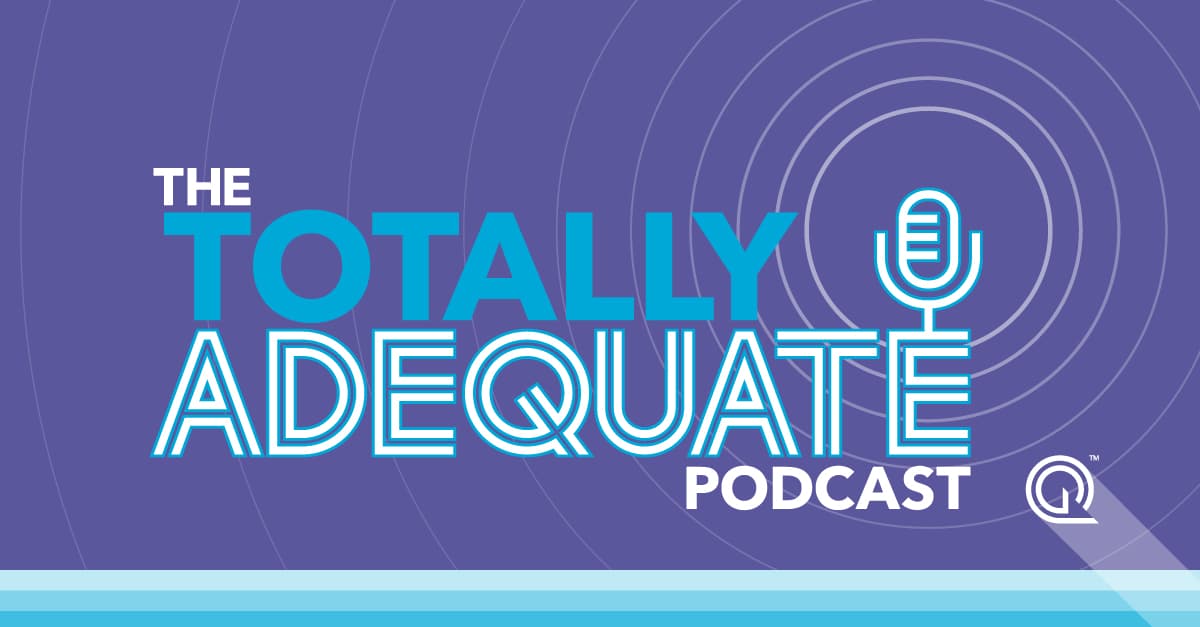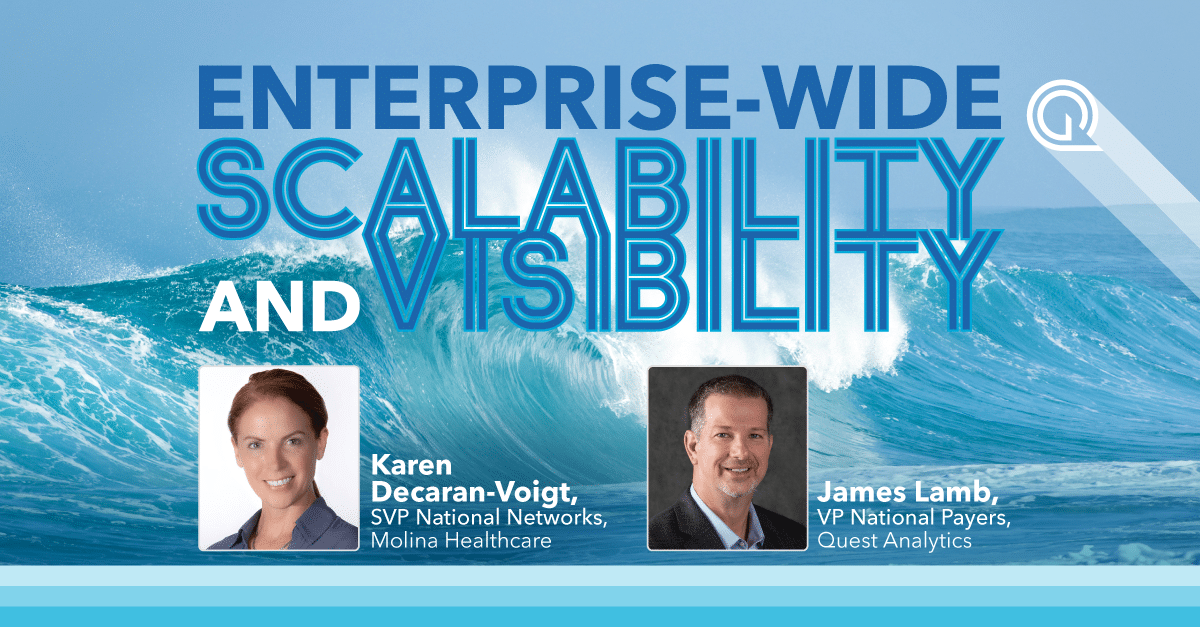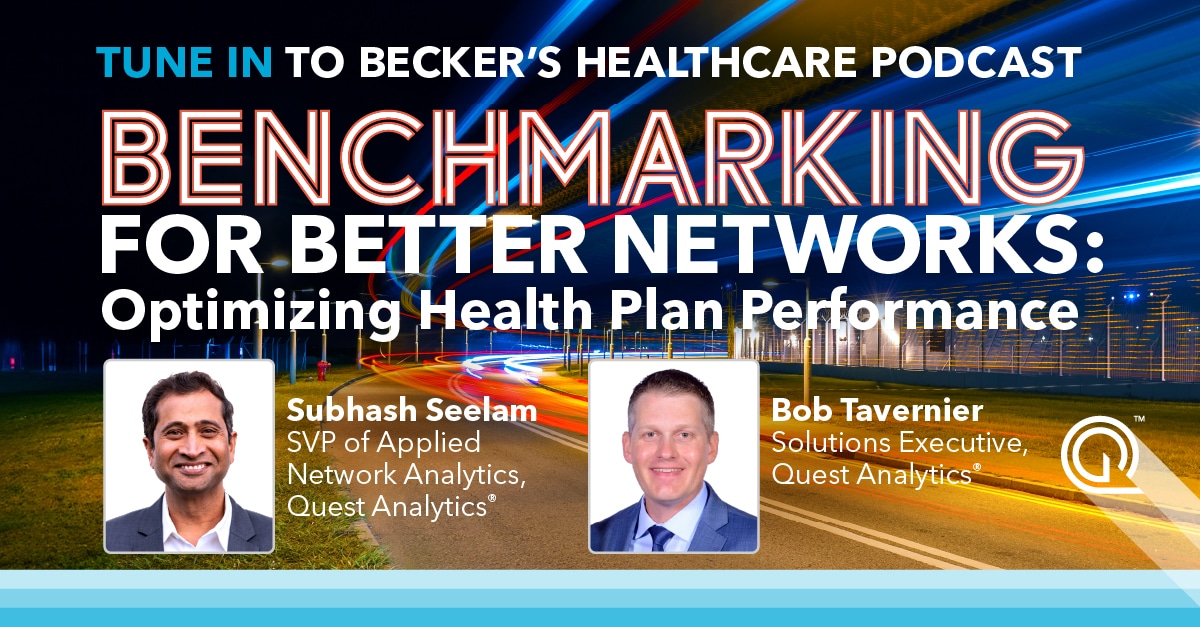Is blockchain the biggest innovation since the internet? The hype and buzz about blockchain technology is just beginning in multiple industries.
What will this new technology offer the healthcare industry? How will it change the industry manages data? We dive into the basics of blockchain, what the applications can be, and what challenges the industry will face when adopting it. This is the first piece of a series of blog posts exploring innovative ways to manage data in the healthcare space.
WHAT IS A BLOCKCHAIN?
If you are already familiar with blockchain, jump to the next section. If not, you might wonder what do bitcoin and cryptocurrencies have to do with?
Blockchain is the digital ledger technology behind cryptocurrencies, such as bitcoin, but its use cases go well beyond that. It can also help advance the healthcare space – some say, it’s revolutionary much like the Internet.
Blockchain technology consists of a chain of encrypted blocks that keep a record of everything that has ever happened for those records. At its essence, blockchain creates trust between people, and that trust then creates many other advantages for this technology: blockchain technology offers the ability for peer-to-peer networks to function without a middleman (e.g. banks in the finance industry) and secures data with both timestamps and encryption. Blockchain is simultaneously a storage and a network and can be managed in a decentralized, autonomous way. In other words, data is distributed.
HOW COULD WE USE BLOCKCHAIN IN HEALTHCARE?
Healthcare is full of systems with multiple sources of data containing very sensitive information. Especially in the US, due to healthcare being delivered by largely private companies, the data is very fragmented. As these systems need to be accessed by multiple stakeholders, they would benefit from being distributed and decentralized, as it would increase the integrity of data and accessibility.
During the past couple of years there has been a growing interest to find out how blockchain can change the way we manage data in healthcare. The industry has already developed workgroups and consortiums to innovate applications and use cases to leverage the new technology. There is also a lot of events on the topic, such as the Healthcare on the Blockchain conference, where our CTO Tapio Tolvanen is going to speak on May 2.
With blockchain’s ability to introduce less cost and risk, faster networks and data storage, more security and less possibilities for hacking, it is no wonder that healthcare is getting excited about it. Recently, we’ve heard interesting news about some of the biggest players in healthcare investing heavily in the development of blockchain. At this year’s HIMSS, we saw a great amount of enthusiasm shared among startups and Fortune 500 companies alike. Everyone wants to innovate with blockchain.
PRACTICAL APPLICATIONS OF BLOCKCHAIN IN HEALTHCARE
One of the biggest concerns in healthcare is data privacy and security. Blockchain is a good solution for healthcare data, as it is inherently secure. Some of the practical use cases include building more secure decentralized EHRs, solutions for billing and other administrative processes and creating a faster and smoother credentialing and enrollment process.
One of the most prominent use cases we see in our provider data and data management work is that of provider identity. Provider directories require constant updating and data from many different sources. Blockchain could offer an easy way to update provider’s affiliations, practice locations and phone numbers, accepted insurances and other statuses. New data would be shared to all the nodes (e.g., other organizations) as it would be stored to the blockchain and everyone would get the most up-to-date provider data instantly. Eventually this same provider data blockchain could power laborious processes such as credentialing or billing.
Although it is clear that blockchain technology might fundamentally change the healthcare business, it has a long way ahead before concrete applications get widely implemented. Therefore it is important for the industry to come together and transparently share and build pilot projects to explore the possibilities to improve healthcare industry.
If blockchain can gain enough momentum and bring the relevant stakeholders together, perhaps we can also tackle the organizational barriers to data interoperability. As we are solving the provider data issues, we are also working on different pilot projects with blockchain and provider data. If you are interested in participating, contact us to learn more.








